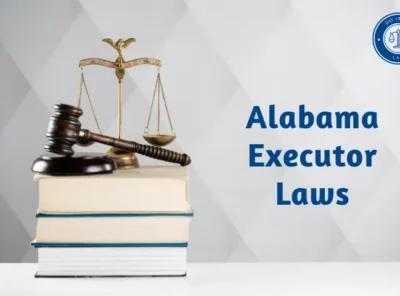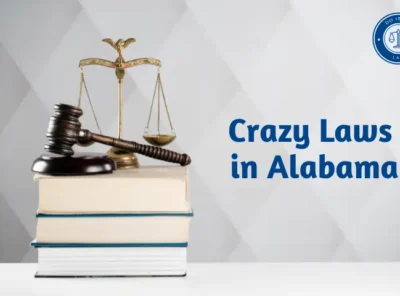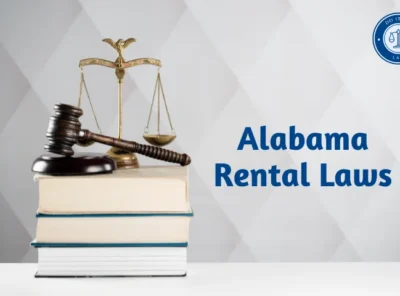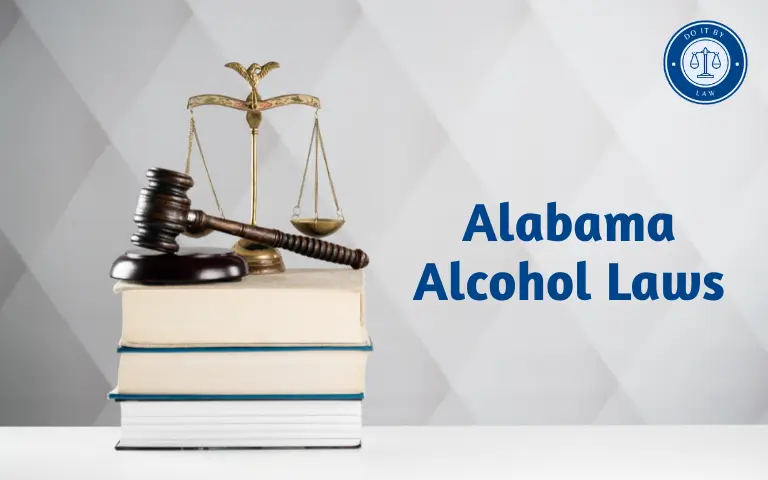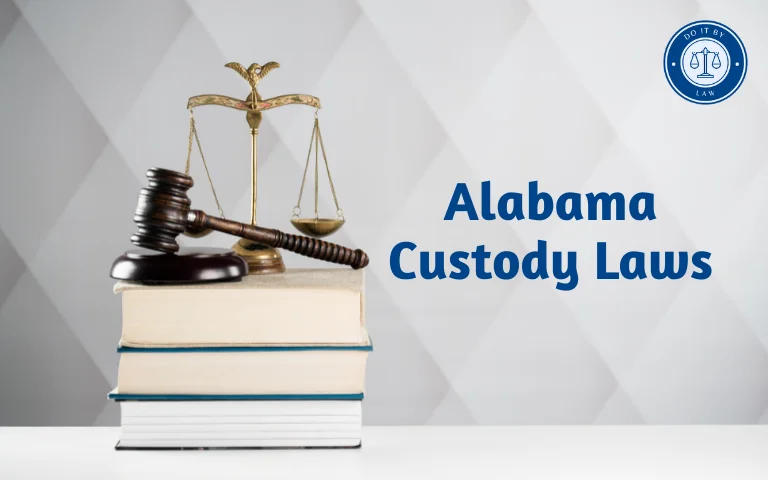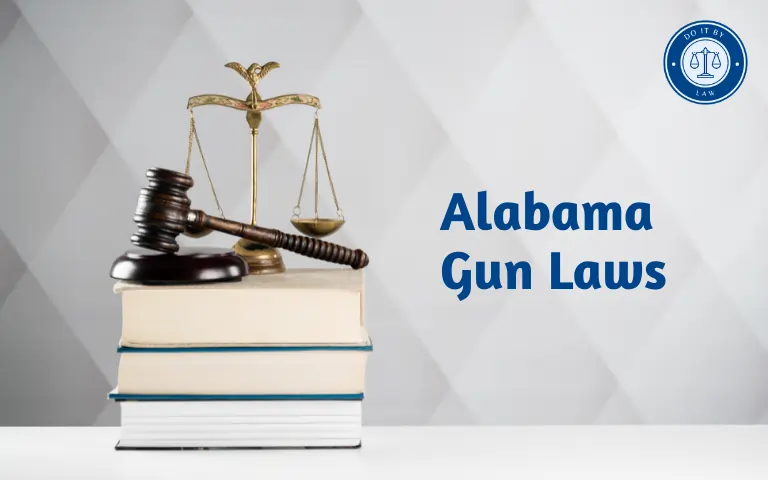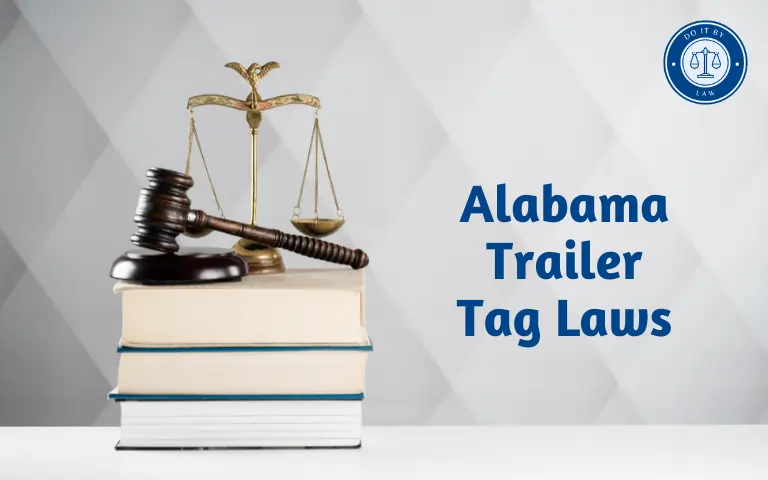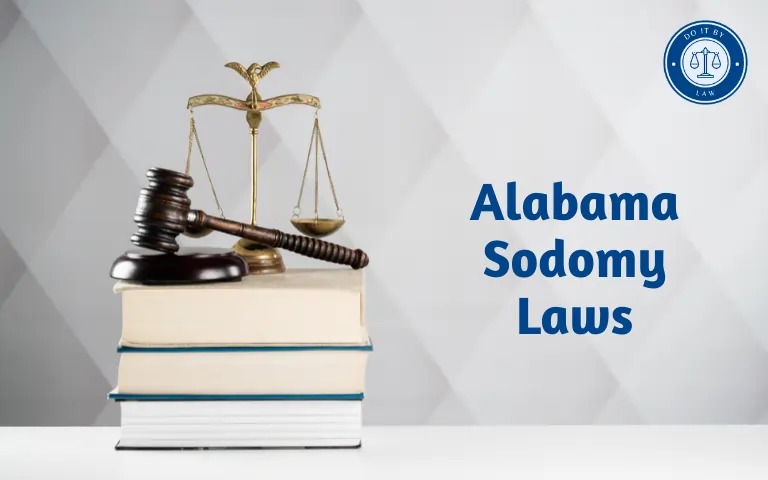Alabama Landlord-Tenant Law: What You Need to Know
Renting an apartment or house in Alabama? As a tenant, you have legal rights and responsibilities. Landlords also have important laws they must follow. This article will explain Alabama landlord-tenant law in an easy-to-understand way.
Background of Alabama Landlord Tenant Laws
Alabama landlord-tenant laws are in the Code of Alabama Title 35, Chapter 9A. The laws list the rights and duties of landlords and tenants in Alabama.
They cover topics like:
- Security deposits
- Rent payments
- Leases
- Maintenance and repairs
- Evictions
By understanding your rights, you can avoid disputes with your landlord. This Alabama law applies to most rental units including apartments, houses, duplexes, and mobile homes.
Who the Laws Apply To
Alabama landlord-tenant laws apply to:
- Landlords renting residential units
- Tenants renting places to live from landlords
- Leases, rental agreements, and oral rentals
Exempt housing like hotels, motels, hospitals, colleges, and transient rentals are not covered.
Key Alabama Landlord-Tenant Law Provisions
Here are some key parts of Alabama landlord-tenant law:
Security Deposits
- The maximum security deposit is 1 month’s rent.
- Landlords must return deposits within 35 days after you move out.
- Landlords can deduct for unpaid rent or damages beyond normal wear and tear.
Rent Increases and Fees
- Rent cannot be increased during a lease term unless the lease allows it.
- Month-to-month leases must have 30 days’ notice before a rent increase.
- Landlords cannot charge fees for everyday maintenance and repairs.
Repairs and Maintenance
- Landlords must maintain electrical, plumbing, sanitary, heating, and A/C systems in good working order.
- Tenants must notify landlords of needed repairs in writing.
- Landlords have 14 days to make repairs after getting written notice.
Access to Rental Unit
- Landlords can only enter for emergencies, maintenance, showings, or if the lease allows it.
- Proper notice must be given before entering (2 days notice recommended).
- Tenants cannot unreasonably deny the landlord access.
Evictions
- Landlords must give tenants 7 days’ notice to pay overdue rent or move out before filing for eviction.
- Tenants have 7 days to challenge eviction in court after getting a complaint.
- Tenants who win eviction cases cannot be kicked out right away and have 10 more days to move.
Returning the Property
- When moving out, tenants must leave the unit clean and undamaged except for normal wear and tear.
- Keys and access cards must be turned over to the landlord.
- Tenants can be liable for rent until a new tenant moves in if they break the lease early.
Penalties for Violating Alabama Landlord-Tenant Law
If landlords violate Alabama landlord-tenant law, possible penalties include:
- Having to return the security deposit with interest
- Paying tenants up to 3x damages for illegal evictions
- Paying tenants’ attorney fees
- Tenants can sue landlords for violating the law
If tenants violate the law, landlords can:
- Keep part or all of the security deposit
- Sue tenants for unpaid rent or damages
- Evict tenants who violate lease terms
Recent Changes and Proposals
Some recent changes and proposals for Alabama landlord-tenant laws:
- In 2022, requirements for giving tenants notice about bed bugs were updated.
- Some lawmakers want to shorten notice periods for evictions and nonpayment of rent.
- There are proposals to limit what landlord records and applications can ask about criminal history.
- Some advocates want to create landlord registries to track problem landlords.
Common Disputes and Challenges
Frequent landlord-tenant disputes in Alabama involve:
- Disagreements over deposit deductions and damages at move-out.
- Confusion about notice timelines for repairs, entry, and evictions.
- Unclear lease terms lead to misunderstandings about rent increases.
- Illegal evictions without proper notice to tenants.
Clear written leases and documentation can help avoid the most common disputes between landlords and tenants in Alabama.
Key Takeaways
The key points to remember about Alabama landlord-tenant law include:
- Tenants have a right to safe, clean, and maintained rental housing.
- Landlords must follow proper procedures for security deposits, evictions, repairs, and more.
- Clear lease agreements and documentation prevent disputes.
- Knowing the laws protects both landlords and tenants from unfair practices.
Understanding landlord-tenant law makes renting in Alabama simpler and fairer for both parties. Consult the Alabama Code Title 35, Chapter 9A for all the specifics on renters’ and landlords’ legal rights and duties.


